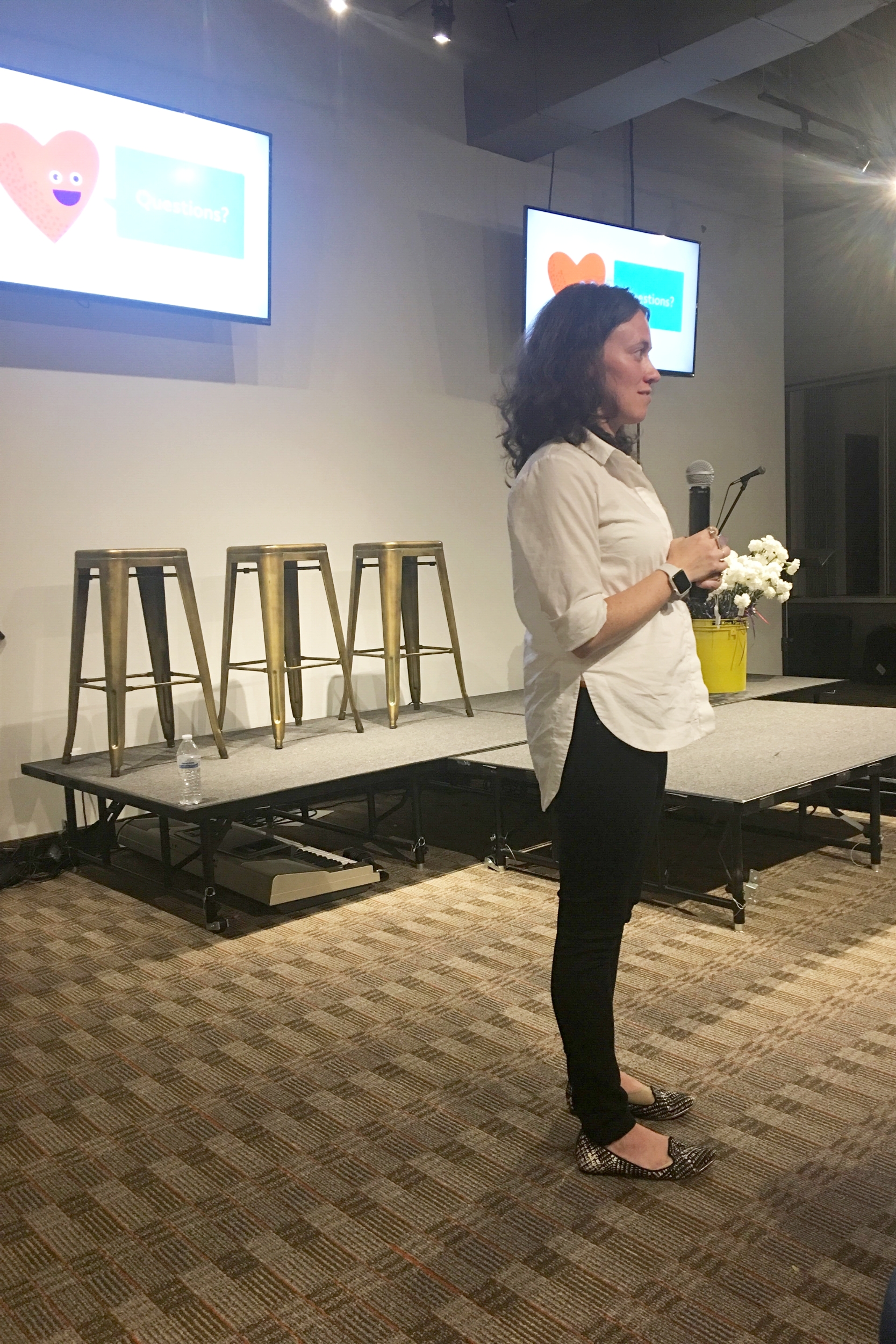On September 11th, Families Against Narcotics, Northwest Wayne County Chapter, gathered at LifeChurch in Canton to talk about finding treatment in Michigan.
The community gathered there had questions. Why is it so difficult to navigate the maze of the treatment system? Why can’t addicts get treatment in the crucial moment of clarity when they’re ready? What’s up with waitlists?
Brian Spitsbergen from Growth-Works moderated the panel and presented first.
He noted that “The system isn’t set up to grab people when they’re most amenable to health.” He covered the basics of intake and levels of care, as well as finding affordable care.
During audience questions, attendees voiced concerns: “Why is it so hard to get treatment before they overdose?” and “Treatment is a big screw you.” The crowd voiced their frustration and anger with a treatment system that is difficult to navigate.
Judy Davis from Detroit Wayne Integrated Health Network presented next.
She explained steps the county is taking to take on the opioid crisis. They are putting up prescription drop-off boxes and displaying billboards for awareness. “We’re here to offer hope,” she said.
Lisa McLaughlin, Workit’s Co-Founder, was next up to present.
Lisa talked about the pain points in treatment care that caused the creation of Workit: the treatment gap between 12 step programs and inpatient care, the long waiting lists when someone is ready to seek treatment, and those that rehab hasn’t worked for despite numerous tries.
She explained that Workit’s online program treats people in their homes, and meets them where they are. “People are dying in their homes,” she said, explaining why on-demand treatment is necessary. When finding treatment, she suggested looking for “Evidence-based treatments and holistic treatments. These behaviors come in a party of 10.” Once the main addiction is under control, a problem with eating or relationships may appear. A treatment program needs to be able to address that.
Intake processes are often complex and difficult to navigate when you’re in the throes of withdrawal. “You can’t fill out forms for intake when you’re high on opioids,” Lisa noted.
The last presenter was Joseph Paliwoda, of LIGHT House.
He recommended calling every day if you’re on a waitlist for a treatment center. He also emphasized the importance of having fun in recovery.
Takeaways from the discussion.
Families Against Narcotics, Northwest Wayne County Chapter, is taking a great first step towards fixing these problems by bringing patients and their families together with treatment providers to talk out the issues. An audience member noted that it took her a week to find treatment herself, and that people can’t find it when they need it.
Addiction treatment, like addiction itself, needs to be as lightning-quick and serious as emergency treatment. It’s clear that the current system is slow and broken. Workit Health is working to address immediate treatment needs with rapid access clinics, telehealth doctor’s visits, and on-demand online programs and online counseling.
If you have the urge to get better, seize it and take action. Your life could depend on it.
If you weren’t able to make it to the forum on Finding Treatment in Michigan, I caught up with Chrissy Taylor to get her take on why navigating the treatment maze is such a struggle:









